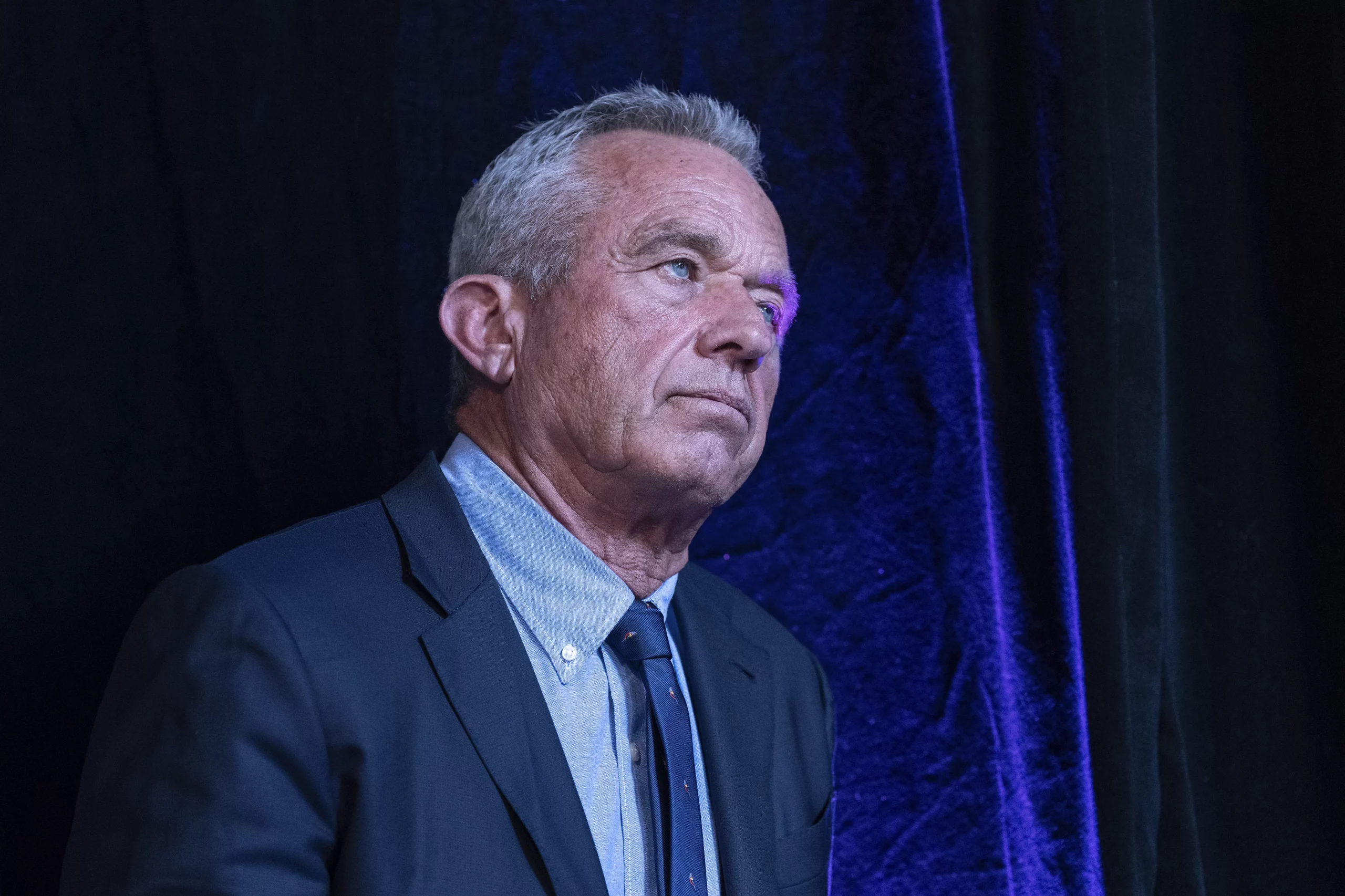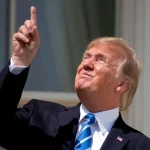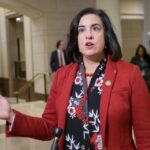

Last week, Kennedy claimed he would be removing his name from the ballot in swing states where his candidacy could be problematic for Trump.
“In about 10 battleground states where my presence would be a spoiler, I’m going to remove my name, and I’ve already started that process and urge voters not to vote for me,” Kennedy said last Friday.
However, in some states, election laws are standing in the way and Kennedy is not able to successfully withdraw his name from the ballots. The Wisconsin Elections Commission voted Tuesday to keep Kennedy on the ballot despite his requests to be removed.
He is currently on the ballot in several states, including three tightly contested states: Michigan, Nevada, and North Carolina. In all three states, election officials have confirmed that it’s too late to change the ballot.
On Tuesday, Michigan election officials denied Kennedy’s petition to have his name removed from the state’s November ballots. “Minor party candidates cannot withdraw, so his name will remain on the ballot in the November election,” Cheri Hardmon, senior press secretary for Michigan Secretary of State Jocelyn Benson, told Axios.
Nevada state law says a request for candidate withdrawal must come seven business days after the filing deadline, which was Aug. 9. In addition, Kennedy is already on ballots being printed in North Carolina in more than 30 counties, and it’s unlikely he’ll manage to secure his removal before early voting begins on Sept. 6.
“While deadlines vary in states, the later a candidate waits to withdraw, the more likely it is he/she would remain on the ballot,” said David Becker, executive director of the Center for Election Innovation & Research, speaking with the Washington Examiner.
“If RFK, Jr. had wanted to remove himself from the ballot in all the states where he had qualified already, he should have withdrawn in July, which would have been safe, or earlier in August at the latest,” he said.
Kennedy opted to run as an independent last October and his campaign had spent a significant amount of time and money to secure ballot access as a third-party candidate.
Before his announcement in Phoenix on Friday, Kennedy’s campaign had touted they had enough signatures to appear on 47 ballots and officially had gained access in 22 states.
The third-party candidate has so far been able to remove his name from the ballot in the key states of Pennsylvania, Arizona, and Ohio. He was also able to withdraw from Florida, Texas, and Georgia.
However, some experts believe he could serve as a spoiler for Trump in battleground states where his name will still appear. The last two elections were decided by a point or less in critical swing states.
CLICK HERE TO READ MORE FROM THE WASHINGTON EXAMINER
“We know it won’t be a huge number of votes that it impacts, but we know that even a small number of changes could bring absolute, wholesale changes in the election,” said Casey Burgat, the director of the legislative affairs program at George Washington University.
“It’s unclear how much his followers are listening to his endorsement and will take it without question or if they show up and see his name on the ballot, and they can’t help but choose him,” he added. “The reason they are pushing so hard to get him off the ballots is because they know it will make some difference and some difference may just be enough in some of these important states.”





